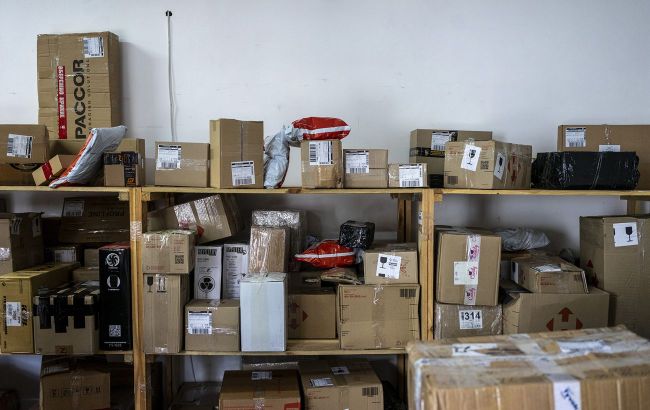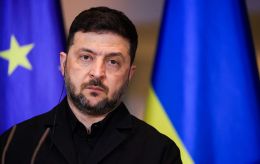Germany's customs seizes Christmas gifts from Russia
 German customs to confiscate parcels from Russia due to sanctions (photo: Getty Images)
German customs to confiscate parcels from Russia due to sanctions (photo: Getty Images)
Germany's customs agency has reminded of the ban on importing a wide range of goods from Russia as part of the EU sanctions imposed for Russian aggression against Ukraine, just ahead of the Christmas and New Year holidays. The agency warned that sub-sanctioned goods from shipments arriving from Russia will be confiscated, according to a press release from the German customs office.
"The document emphasizes that due to Russia's destabilizing actions toward Ukraine, the EU Council adopted Regulation (EU) No 833/2014 on July 31, 2014, which imposes a ban on the import of a wide range of goods into the European Union.
Many types of goods typically included in holiday shipments fall under the embargo, such as pulp and paper, wood and wood products, stones and precious metals, cigarettes, plastics, and chemical products, including cosmetics.
The announcement specifies that gift parcels sent by private individuals from Russia to other private individuals within the EU are not exempt from the sanctions.
"Sub-sanctioned goods may be seized and confiscated by customs," the agency's clarification states.
Contrary to some media reports, books and children's toys are not subject to sanctions. This is outlined in detailed annexes to the relevant EU regulations, providing a comprehensive list of sanctioned goods."
New package of EU sanctions against Russia
On November 15, the European Commission submitted proposals to the EU Council for the 12th package of sanctions against the Russian Federation. The proposals aimed to impose restrictive measures on more than 120 individuals and entities for their role in undermining the sovereignty and territorial integrity of Ukraine.
Additionally, the EU suggested introducing new restrictions on the import and export of Russian diamonds, as well as measures to counter the evasion of EU sanctions and address the increase in oil prices.
However, on December 12, EU ambassadors failed to reach an agreement on the new sanctions package against Russia. Austria obstructed the decision, as the government demanded that Ukraine remove Raiffeisen Bank International from the list of international sponsors of the war.
It is noteworthy that earlier, the EU Council proposed imprisoning those who assist Russia in evading sanctions.

